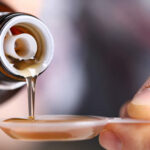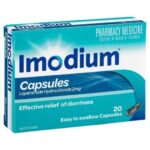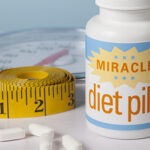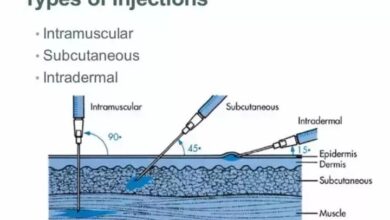How To Store Medicines Safely
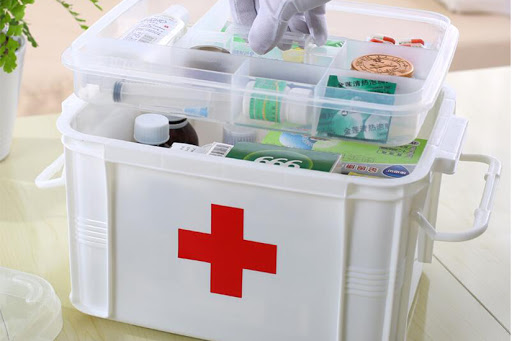
Medicines are the crucial tools to control and prevent various diseases. Ineffective medicines can cause wastage of resources. The efficacy of medicines gets affected due to improper storage conditions particularly the improper temperature. Medicines should always be stored in a way that means they are safe and will be effective when administered.
Medicines are stored in most households around the world for a range of different purposes including emergency use and the treatment of acute or chronic illnesses. The presence of medicines in households is becoming a significant risk factor for irrational medicine storage, disposal, and use due to limited information and knowledge offered on safe storage.
How To Store Medicines Safely
Where you store your medicine can affect how well it works. Here is how to store your medicine properly to keep it from turning from a medication to a poison;
Take care of your medicine.
- Know that heat, air, light, and moisture may damage your medicine.
- Store your medicines in a cool, dry place. For example, store it in your dresser drawer or a kitchen cabinet away from the stove, sink, and any hot appliances. You can also store medicine in a storage box on a shelf or in a closet.
- If you are like most people, you probably store your medicine in a bathroom cabinet. But the heat and moisture from your shower, bath, and sink may damage your medicine. Your medicines can become less potent, or they may go bad before the expiration date.
- Pills and capsules are easily damaged by heat and moisture. Aspirin pills break down into vinegar and salicylic acid. This irritates the stomach.
- Always keep medicine in its original container.
- Take the cotton ball out of the medicine bottle. The cotton ball pulls moisture into the bottle.
- Ask your pharmacist about any specific storage instructions.
Keep children safe.
- Always store your medicine out of reach and out of sight of children.
- Store your medicine in a cabinet with a child latch or lock.
Do not use Damaged Medicine
Damaged medicine may make you sick. Do not take:
- Medicine that has changed color, texture, or smell, even if it has not expired
- Pills that stick together, are harder or softer than normal, or are cracked or chipped
Get rid of old Medicines
- Get rid of unused medicine safely and promptly.
- Check the expiration date on your medicine and throw out medicines that are out of date.
- Do not keep old or unused medicine around. It goes bad and you should not use it.
- Do not flush your medicine down the toilet. This is bad for the water supply.
- To throw away medicine in the trash, first mix your medicine with something that ruins it, such as coffee grounds or kitty litter. Put the entire mixture in a sealed plastic bag.
- You can also bring unused medicines to your pharmacist.
- Use community “drug give back” programs if they are available.
Visit: How To Dispose Of Prescription and OTC Drugs for more information
Traveling With Medicine
- Do not keep medicine in the glove compartment of your car. Medicine can get too hot, cold, or wet there.
- If you are taking an airplane, keep your medicine in your carry-on luggage. To help with security at the airport.
- Keep medicine in the original bottles.
- Ask your health care provider for a copy of all your prescriptions. You may need this in case you lose, run out, or damage your medicine.
- If you have diabetes, ask your provider for a letter explaining that you have diabetes and providing a list of all your supplies. You are allowed to carry your medicine, blood glucose meter, and lancet device on a plane.
Proper storage of medicine is important to ensure the quality, effectiveness and safety of the medicines. You should always refer to the pharmacists for correct instruction on storage of medicines to ensure treatment can be optimized. Choose one designated place to store your medication.

